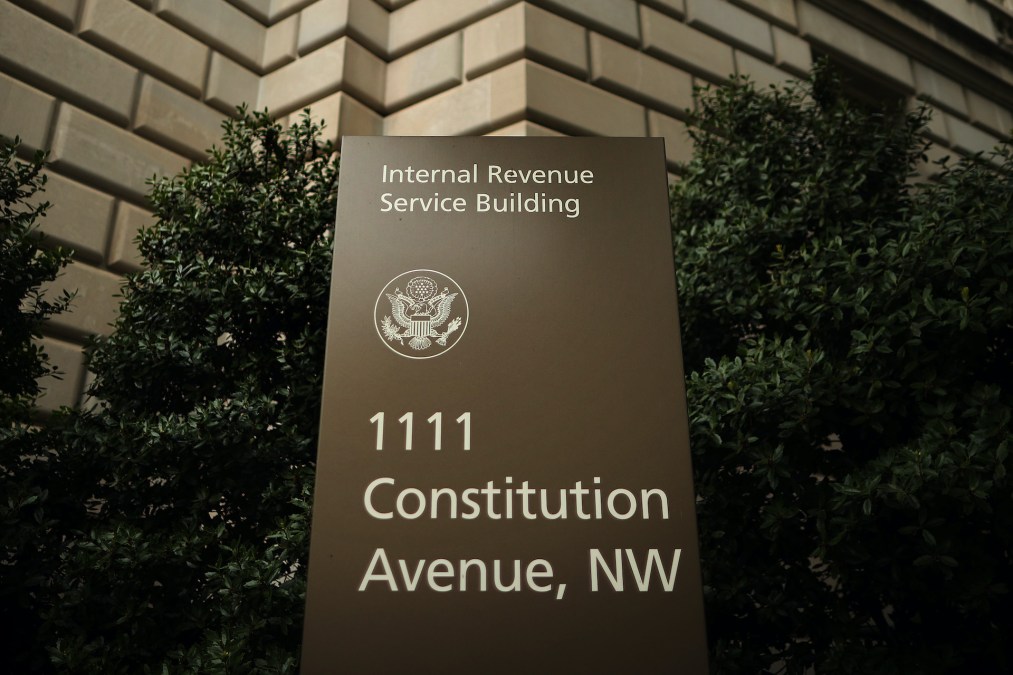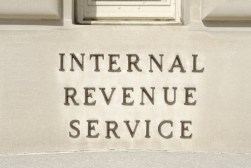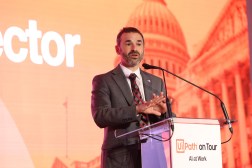IRS lays out modernization priorities, sounds alarm on funding shortfall

The IRS believes it will soon be forced to scale back its business system modernization efforts, writing in a report this week that Inflation Reduction Act funding for that work will run out by fiscal 2026.
In its annual update to the IRA Strategic Operating Plan, the tax agency said it is reliant on IRA funds for digitization and other technological innovations after the appropriations process for fiscal years 2023 and 2024 zeroed out its money for modernization. When those IRA funds are exhausted by fiscal 2026, the IRS said automated taxpayer solutions will be cut back and cyber and cloud work will be incomplete, increasing the risk of cyberattacks and system failures.
“The IRS will continue focusing on making improvements and efficient use of funding,” IRS Commissioner Danny Werfel said in a press release. “We highlight accomplishments rather than taking a victory lap because more work remains. But to stress the importance of continuing this momentum, the IRS will continue working to make a difference for the nation’s taxpayers. At the same time, it’s critical that the IRS has stable, secure funding to allow technology modernization and taxpayer service improvements to continue into the future.”
The accomplishments referenced by Werfel run the gamut of digital projects. Over the past year, the IRS said it used IRA funding to expand online services — pointing specifically to improvements with the Where’s My Refund? tool — resulting in fewer phone calls, paper processes and other burdensome tasks for agency workers. Additionally, the IRS continues to tout its Direct File pilot: More than 140,000 returns this tax season were filed electronically through the agency’s program, though its future remains up in the air.
The agency also leaned into artificial intelligence, pairing the technology with advanced analytics to identify “complex partnerships for audits.” The result of that collaboration between data scientists and tax enforcement officials was 60 audits launched on corporations with average assets exceeding $24 billion, in addition to 76 examinations of “the largest partnerships in the U.S. that represent a cross section of industries including hedge funds, real estate investment partnerships, publicly traded partnerships, large law firms, and other industries.”
Ahead of the anticipated funding shortfall two years from now, the agency said it aims to “accelerate” several digitization efforts in fiscal 2025. Those efforts include an expansion of online services and the modernization of foundational agency technology and “aged programming from the point of intake of tax returns and information systems.” Data security will be prioritized in these efforts, the agency noted.
The IRS will also lean into digitization by making as many as 150 non-tax forms available in digital mobile-friendly formats — on top of the 20 it provided in fiscal 2024 — while enabling “scanning at the point of entry virtually” for every paper-filed tax and information return.
Still, the IRS said that absent “sustained funding,” the agency will fall short of meeting the modernization goals laid out in its report — especially once IRA appropriations run dry and “if inadequate levels of discretionary funding once again result in underinvestment and service gaps.”
“Without help from Congress, taxpayers will have a difficult time finding someone at the IRS to talk to for help in FY 26,” a supplement document to the plan stated. “The consequences will be a return to the low levels of service, technology that does not fully reflect the digital world we live in, and a return to low audit rates that allow some taxpayers to avoid paying what they owe.”






